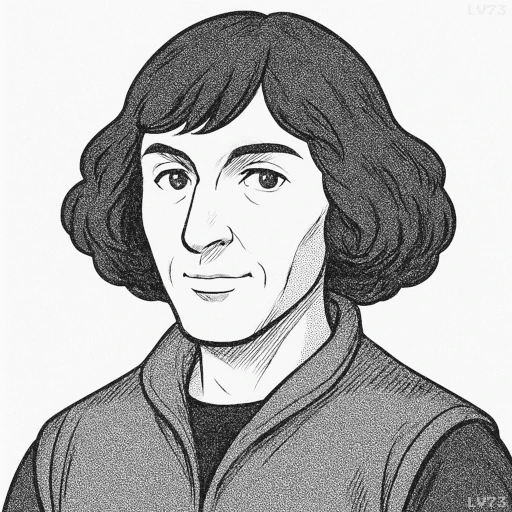“Therefore, when I considered this carefully, the contempt which I had to fear because of the novelty and apparent absurdity of my view, nearly induced me to abandon utterly the work I had begun.”

- February 19, 1473 – May 24, 1543
- Polish
- Astronomer, Mathematician, Founder of the Heliocentric Theory
table of contents
Quote
“Therefore, when I considered this carefully, the contempt which I had to fear because of the novelty and apparent absurdity of my view, nearly induced me to abandon utterly the work I had begun.”
Explanation
Copernicus expresses the intense hesitation he felt in presenting his heliocentric theory, which placed the Sun at the center of the universe rather than the Earth. At the time, this radically challenged the long-standing geocentric model, endorsed by both the scientific community and the Church. His fear of “contempt” reflects the intellectual and social risks of proposing ideas that defied widely accepted beliefs.
The phrase “novelty and apparent absurdity” reveals how groundbreaking and seemingly irrational his ideas appeared to his contemporaries. Copernicus was aware that to most people, suggesting the Earth moved around the Sun seemed not only wrong but absurd, undermining centuries of astronomical and theological doctrine. This tension between revolutionary insight and societal resistance is a hallmark of many scientific breakthroughs.
Today, Copernicus’ struggle is a powerful reminder of the courage required to challenge dominant paradigms. From whistleblowers in organizations to scientists proposing controversial theories, many still face ridicule and rejection before eventual validation. Copernicus’ confession shows that even the most transformative thinkers experience doubt, but progress often depends on their persistence.
Would you like to share your impressions or related stories about this quote in the comments section?

